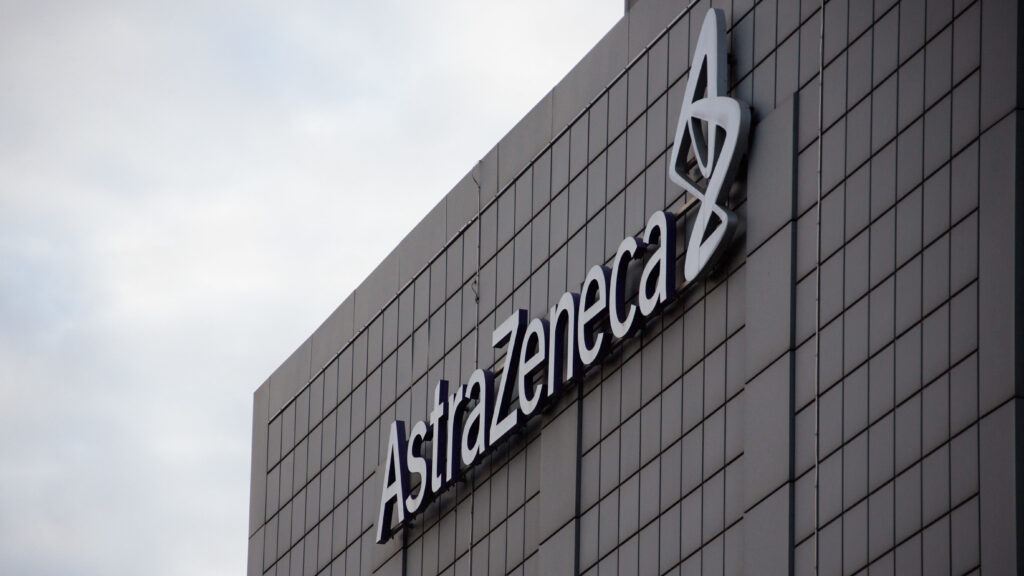The Food and Drug Administration approved a novel medicine for a rare and devastating nerve disease Thursday, clearing a treatment that promises to be more convenient than available therapies.
The drug, from partners AstraZeneca and Ionis Pharmaceuticals, is a monthly injection for a genetic disorder called ATTR-PN, in which a buildup of toxic bodily proteins progressively damages patients’ peripheral nerves. The disease affects about 30,000 people around the world and can be fatal if left untreated.
advertisement
Called Wainua, the treatment is the fourth approved medicine for ATTR-PN. Two, sold by Alnylam Pharmaceuticals, must be administered by a health care professional. A third, invented by Ionis, can be injected at home but requires weekly dosing. Wainua is comparably effective but less burdensome, said Mina Makar, who leads AstraZeneca’s cardiovascular, renal, and metabolic disease division. The companies did not disclose Wainua’s list price. Alnylam’s medicines cost upward of $400,000 a year.
In a pivotal clinical trial, treatment with Wainua led to an 82% reduction in the protein that causes ATTR-PN and stabilized patients’ scores on a test measuring symptoms of neuropathy. More than half of treated patients reported improvements in neuropathy, compared to 17% on placebo, and roughly 60% experienced improvements in quality of life.
“What we’re seeing is a halting in polyneuropathy disease progression,” said Brett Monia, CEO of Ionis. “It’s transformational for patients.”
advertisement
Despite the availability of approved medicines, only about 20% of ATTR-PN patients in the U.S. are accurately diagnosed and prescribed a treatment, Monia said. The commercial launch of Wainua, slated for January, will focus on physician education.
Wall Street expects Wainua to challenge Alnylam’s medicines, called Onpattro and Amvuttra, for a share of the roughly $900 million market for ATTR-PN medicines, but analysts are particularly focused on the drug’s potential future in a related and far more common disease called ATTR-CM.
Both disorders stem from a protein called TTR, which can misfold and accumulate in healthy tissues. In ATTR-PN, the toxic proteins affect the nerves. In ATTR-CM, they build up in the heart, gradually degrading cardiovascular function and leading to fatal heart failure if left untreated.
Once thought to be rare, ATTR-CM is now understood to affect about 400,000 people around the world, a prevalence that makes it attractive to pharmaceutical companies. The only approved ATTR-CM treatment, a Pfizer pill designed to stabilize TTR proteins before they misfold, brings in about $3 billion a year. Next year, BridgeBio Pharma expects to win approval for a stabilizer of its own, and Alnylam will soon have Phase 3 data on whether Amvuttra, which works by silencing the TTR gene, can prevent hospitalization and death.
AstraZeneca and Ionis are conducting a pivotal study of their own with Wainua, also a silencer. The study enrolled about 1,400 patients, making it the largest outcomes trial in ATTR-CM, and will read out as early as 2025, the companies said.
If everything goes as planned, patients with ATTR-CM will have four treatment options within the decade, creating a nearly $10 billion market, according to analysts at William Blair.

